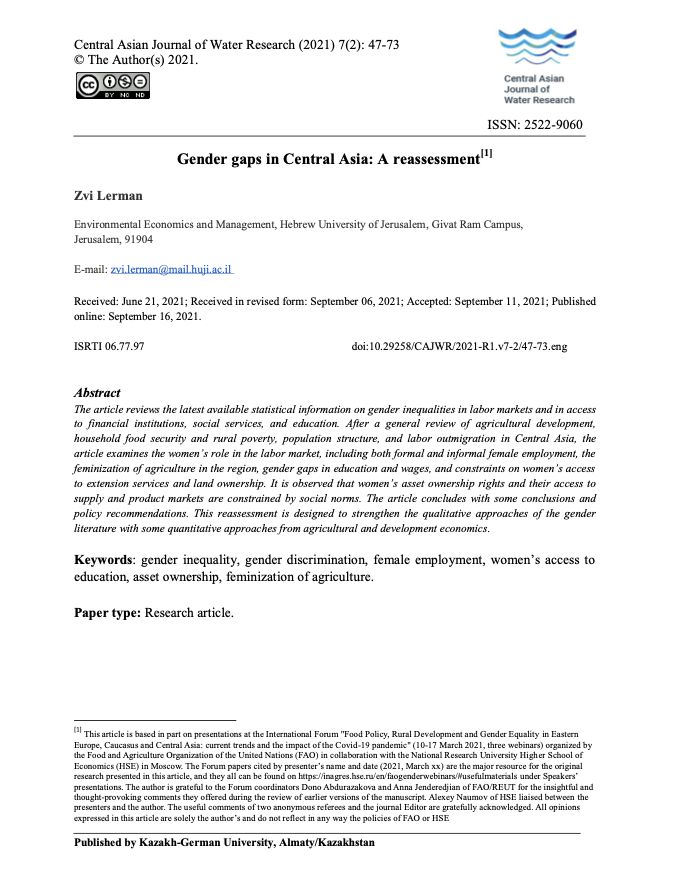Community Paralegals and the Pursuit of Justice
There are many misconceptions about farming in southern Africa;and one of the most insidious is the notion of ‘viability’. A narrow economistic version has predominated that is based on a normative vision of farming based on full-time;large-scale commercial production. But taking a wider view;what is viable can take different forms more appreciative of the diverse ways farming is intertwined with wider livelihoods;and across different scales.


